Microsoft may have lobbied in Chile to stifle competition from free software (editorial)
3 min. read
Published on
Read our disclosure page to find out how can you help Windows Report sustain the editorial team. Read more
Like many companies and government agencies, Chile has been using Microsoft services, and paying a significant licensing fee for them, 36 billion pesos (roughly $27 million US Dollars). This is a significant amount of money, especially in a country such as Chile.
Congressman Vlado Mirosevic wrote a bill that would make the government prioritize free software, over that of proprietary software. In this bill, a government department would have to submit a written request with justifications before it would be allowed to buy a license.
The Controversy
This proposal was ultimately passed, with 64 votes for and 12 votes against. Before this vote, Alex Pessó, the manager of legal and corporate affairs, had made an argument against the bill, citing various studies and arguments.
After the bill was passed, in 24 hours, another congressman, Farcas, had submitted a bill that practically nullified the Mirosevic’s bill that had just been passed. Farcas’s bill was passed with 39 votes in favor, 66 votes against, 5 members that abstained.
Now, just from that, something seems fishy. It gets worse as 5 members that were listed as supporters (their version of sponsoring a bill, I believe), who had voted in favor of Mirosevic’s bill. Further, Farcas had cited arguments identical to Microsoft’s before the passing of the first bill. Mirosevic claims that this is a sign of Microsoft lobbying.
The one thing against the evidence is that when the first bill passed, Mirosevic says that half of the representatives didn’t understand the debate. So it is plausible that it wasn’t money that convinced them to change their votes, but a further understanding of the subject.
But an understanding of the matter in 24 hours does not seem too convincing. Additionally, Fasca’s new bill not only does not promote free software, it gives incentives in the form of tax breaks for companies that use proprietary software.
Thoughts
Those are facts, as best as I have managed to compile. This compounded by accusations of tampering in Munich and other countries does not look good.
Aside, a lot of people forget that free software isn’t really free. The companies that make the most used enterprise free software, Canonical which makes Ubuntu and Red Hat which makes Red Hat Linux, stay afloat because of paid support. They make sure that bugs are fixed on time and shipped, etc. Even with software from organizations that don’t charge such as LibreOffice or CentOS, you have to fund an IT department to make sure everything works smoothly.
So the debate isn’t going from paying Microsoft to not paying anything at all. It is about finding different solutions that fit best, and get the most value for their money. Some companies chose open software/free software, others chose proprietary software.
But you should be allowed to choose. Incentivizing proprietary software through subsidizes isn’t a fair level field. These accusations of lobbying to retain customers is not healthy for Microsoft’s image, and if true, is not an ethical strategy.
Mirosevic, a new member of Chile’s congress, says he finally got his first taste of lobbying in politics. Unsurprisingly, he is furious, and says that he “lost his innocence,” and that “Microsoft violated us. And worse, it was a rape that ended in pregnancy.” If his accusations are true, the heat, however, seems to be justified.
Take all this with a hint of salt, there doesn’t seem to be many sources, and on matters like this I really do like different viewpoints. Additionally, all the primary sources are in Spanish, which make it harder to understand the details.

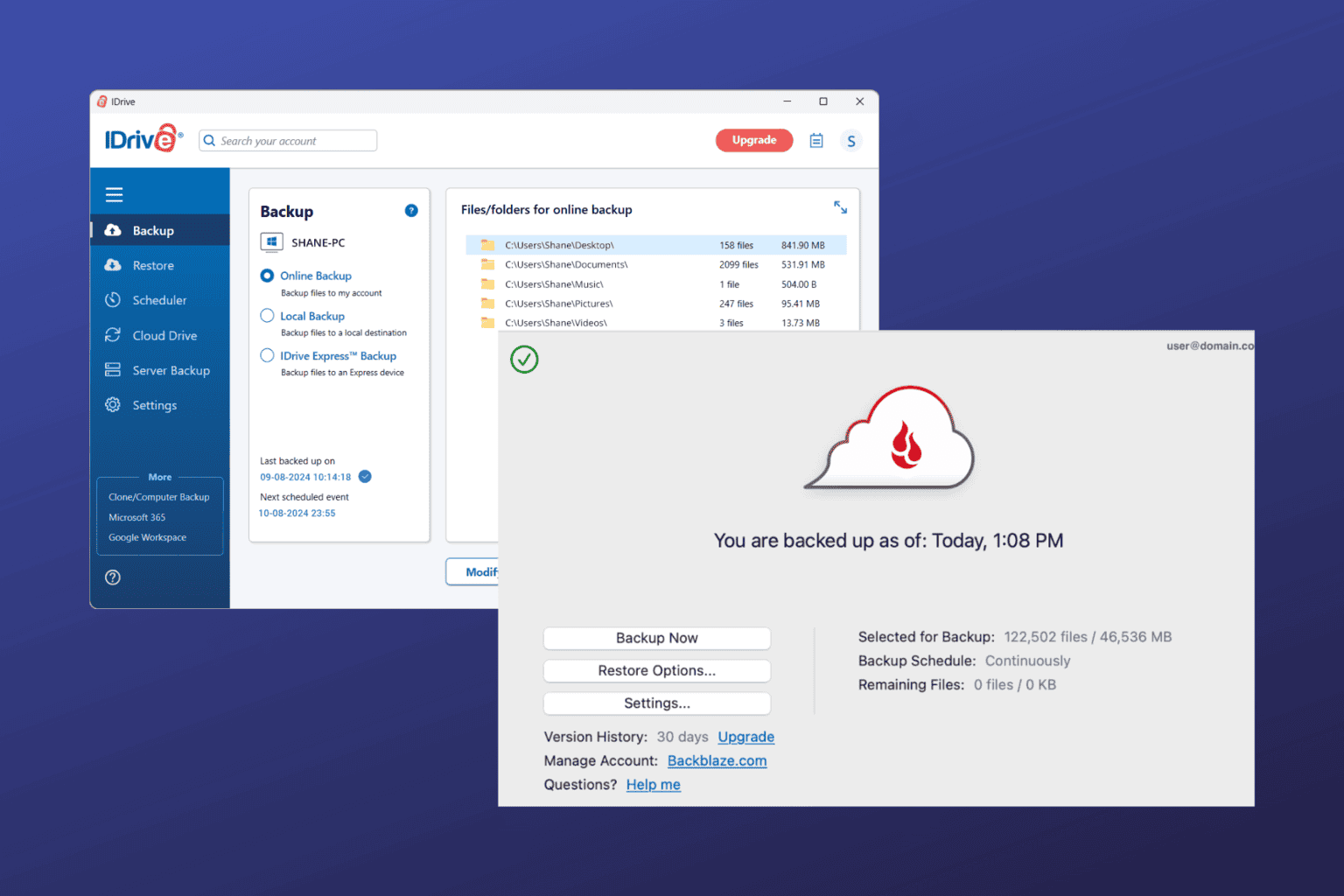
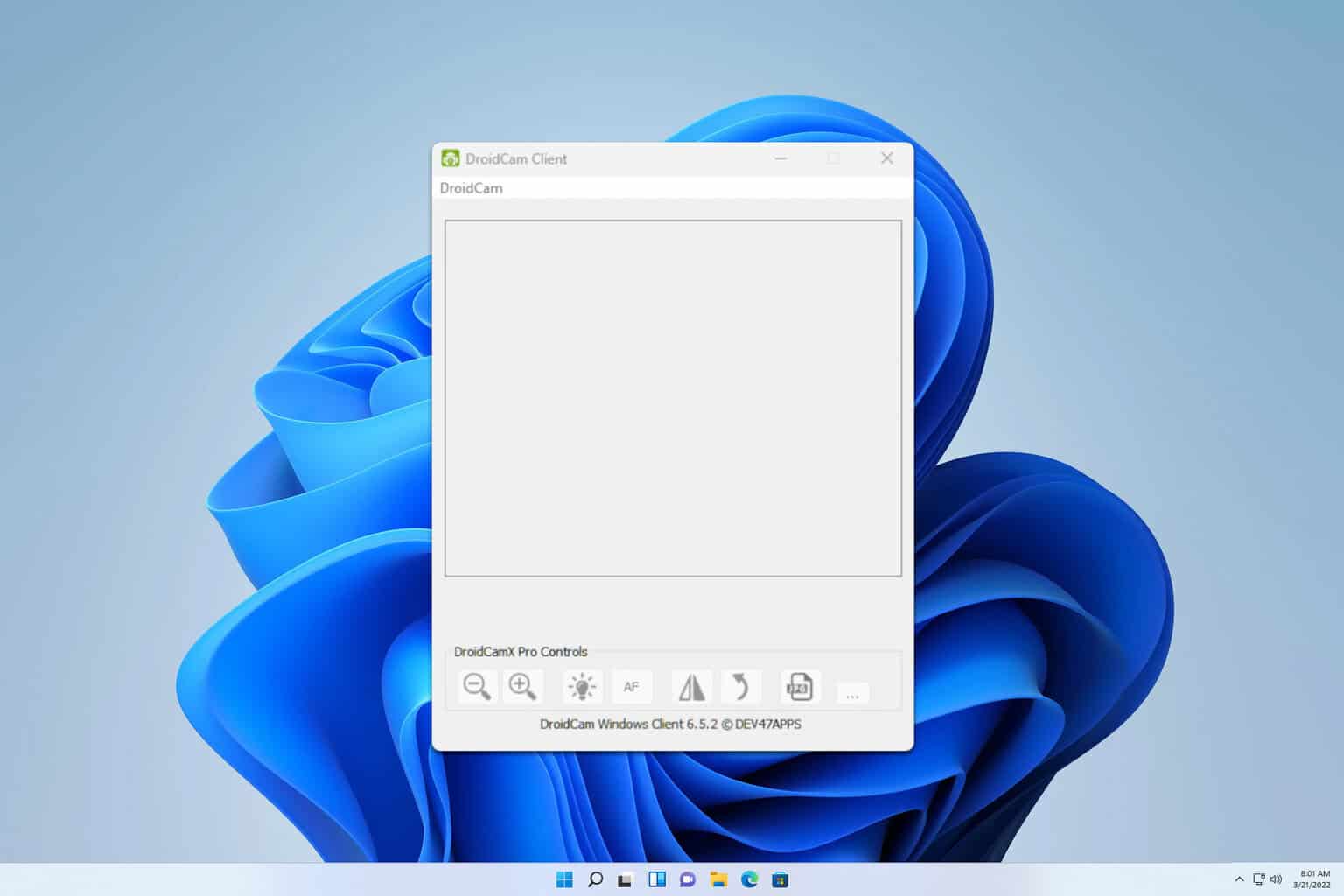
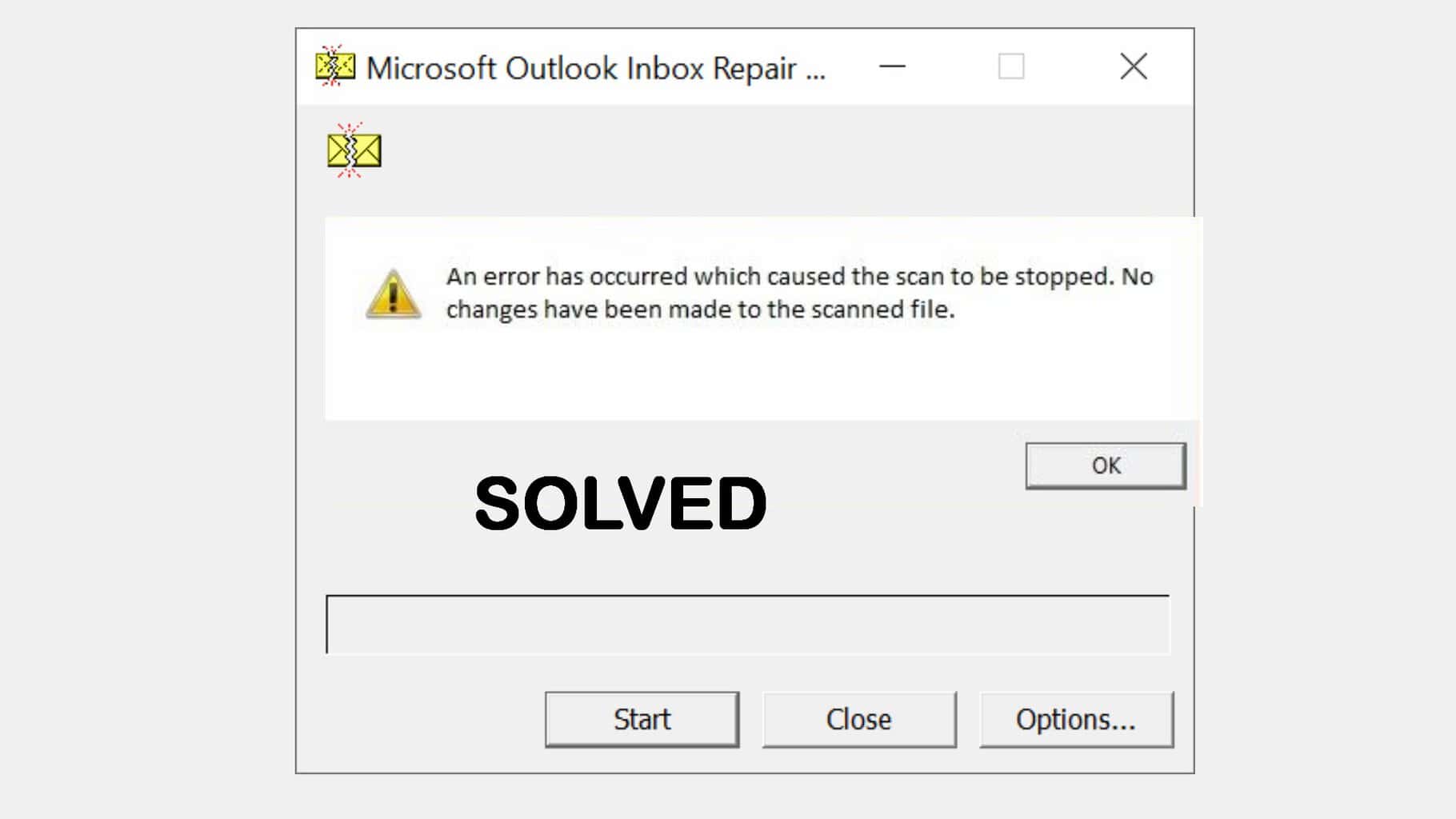
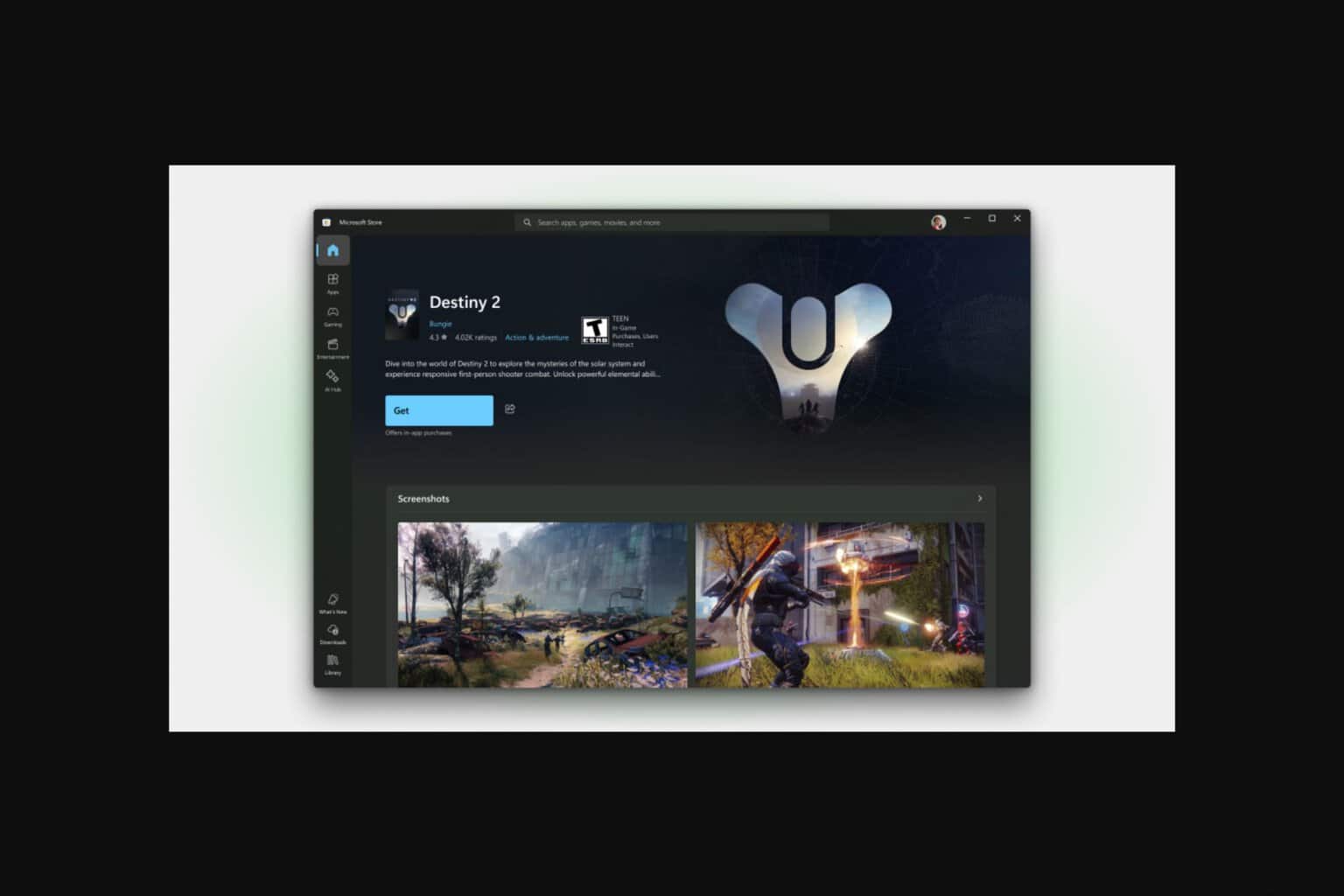


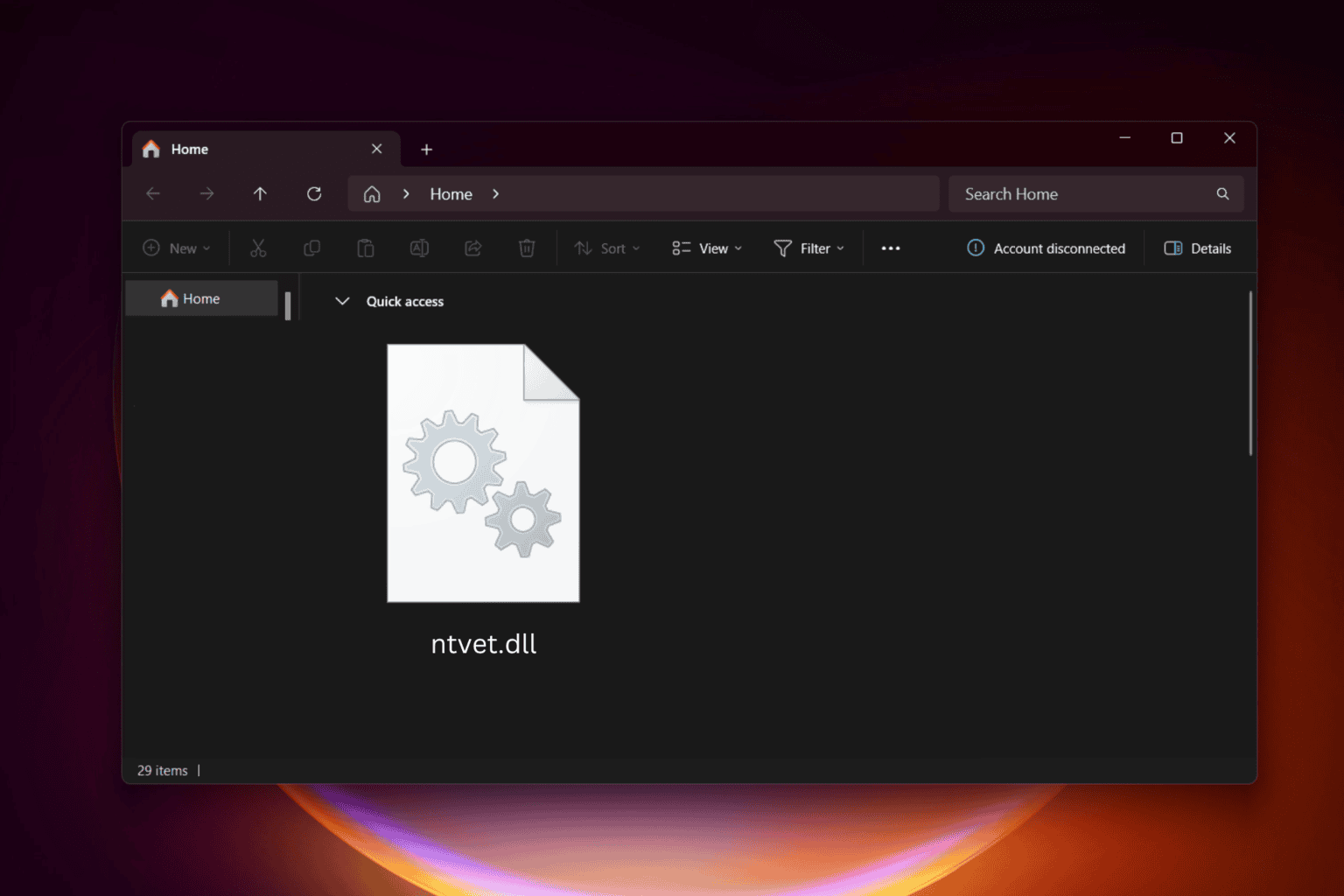
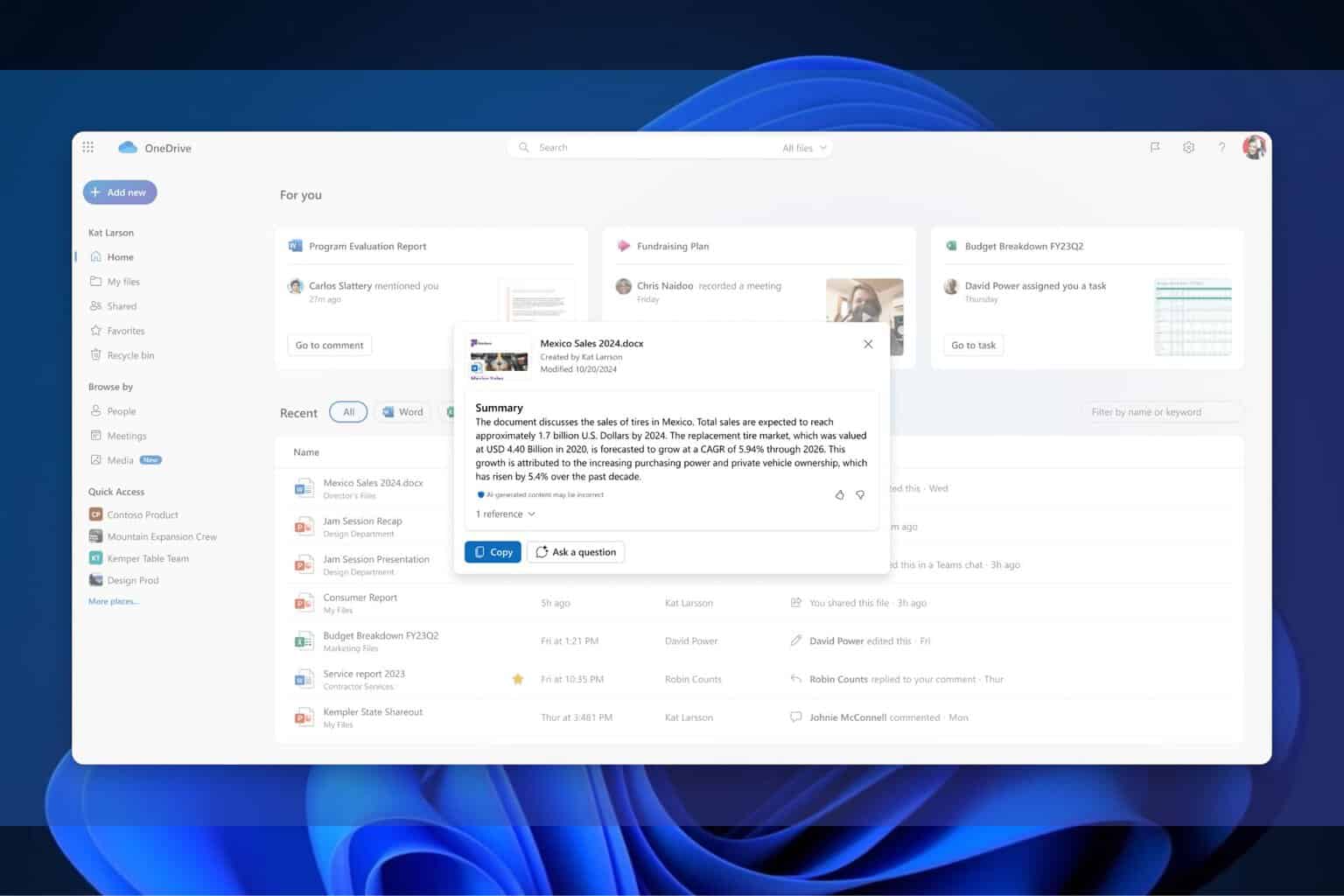
User forum
0 messages